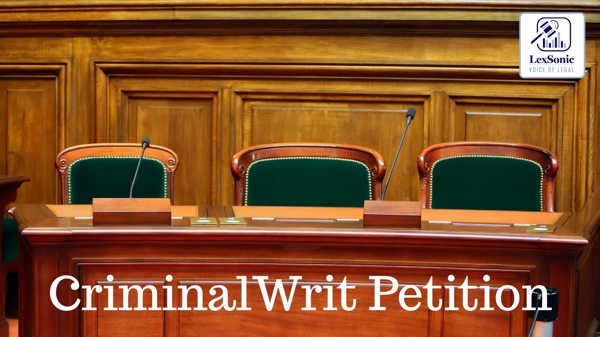Delhi High Court Overturns Convict's Premature Release Rejection, Citing Inadequate Reasoning by Sentence Review Board.
22 August 2025
Writ Petition >> Criminal Law
This legal petition of Navin Ahuja v/s Office Of Lt. Governor Of Delhi, NCT Of Delhi & Another, filed under Article 226 of the Constitution of India, challenged the rejection of a prisoner's request for premature release. The petitioner was serving a life sentence for the murder of his wife and two children, a death sentence initially handed down by a lower court but later commuted to life imprisonment by the High Court.
The petitioner became eligible for premature release under the Delhi Policy of 2004. His case was reviewed multiple times and consistently rejected by the Sentence Review Board (SRB). The petition specifically challenged the rejection on December 14, 2022, but the court also considered the most recent rejection from December 10, 2024, at the request of both parties.

The court found that the SRB's decision was flawed for several reasons:
- Reliance on a Single, Outdated Misconduct: The board cited "unsatisfactory conduct" based on a single punishment from June 2011, over a decade old. This contradicted the petitioner's otherwise satisfactory conduct in prison and on parole/furlough, which he had been granted nearly 30 times without incident.
- Failure to Consider Reformative Progress: The SRB's decision primarily focused on the gravity and heinousness of the crime, the potential societal impact, and police objections. It failed to give meaningful weight to positive reports from the Social Investigation Report and the Probation Officer, which stated the petitioner had shown signs of reform and could be successfully reintegrated into society.
- Inadequate Reasoning: The court noted that the board's reasoning suffered from the same issues highlighted in a previous judgment, Santosh Kumar Singh v. State. The court emphasized that while the nature of the crime is a factor, it cannot be the sole basis for a rejection. The board must also assess the convict's reformative progress, conduct, and the likelihood of their peaceful reintegration.
As a result, the Delhi High Court set aside the SRB's decision and remanded the matter back to the board. It directed the SRB to reconsider the case within eight weeks, taking into account the court's observations and the principles of law governing premature release, and to issue a new, reasoned order.
Section 302., Indian Penal Code - 1860
